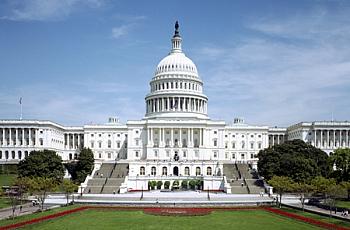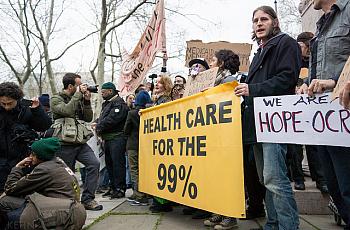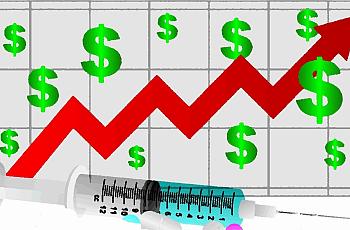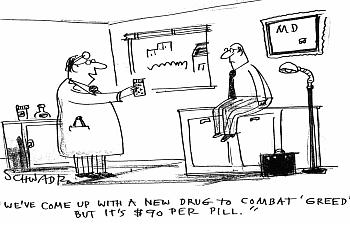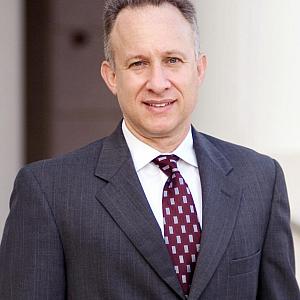
Former hospital president. Currently an attorney practicing law in South Florida.
While still a law student, I became interested in the lack of efficiency of the U.S. healthcare system. A Critical Review of the Uniform Anatomical Gift Act, 116 Trusts & Estates 264, April, 1977, proposed an opt-out organ donation system, which some call “presumed consent,” designed to ease the shortage of human organs for transplantation. The U.S. National Heart Transplantation Study, Battelle Human Affairs Research Centers; United States Health Care Financing Administration (at page 33-84, note 92), expressly states that it “heavily” relies upon my opt-out proposal. Nearly forty years ago, the opt-out organ donation system was considered a radical idea. As of now, this system has been adopted by at least 25 other nations and it is gaining mainstream support in the U.S.
In 2013, when a long time client and friend died, I became interim president of the 247 bed acute care hospital he founded in Miami-Dade County, Florida. An insider’s view of the U.S. healthcare system motivated me to become an energetic advocate for reform. Remedies for an Epidemic of Medical Provider Price Gouging, 90 Florida Bar Journal 22, February 2016, reveals that the prototypical “usual and customary” medical bill may constitute legally actionable fraud.
During 2016, I published a Change.Org Petition to End Predatory Healthcare Pricing. It has drawn widespread public support, garnering over 100,000 signatures. Thousands of public comments on the Petition (including many from people who identify themselves as physicians, nurses and others working in healthcare), have formed an ever growing diary of suffering and inequity under the current system.
I have also written a variety of other pieces on healthcare and non-healthcare legal topics and served as an adjunct professor at both the University of Miami School of Law and Nova University Graduate Management Program.

